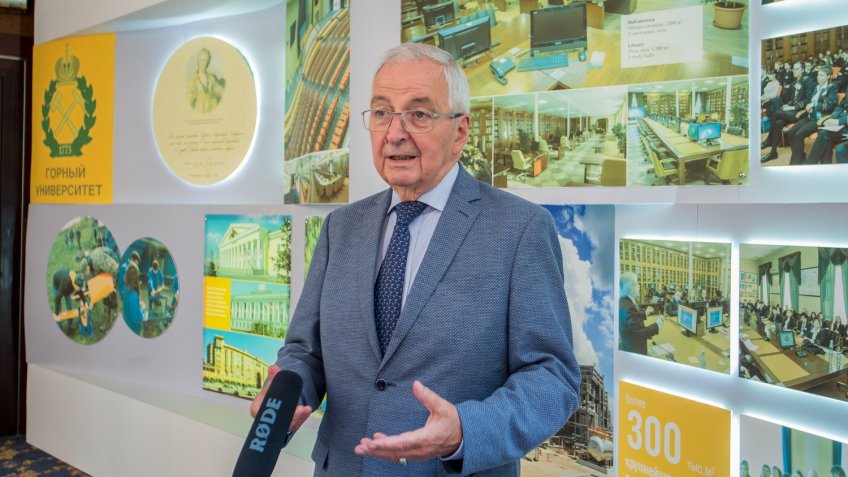
Last year goods turnover between our countries began growing for the first time after three years of a heavy decline, and at the first quarter of this year it has gone up 22,72%, right to the current level of 14,191 million USD. Despite a generally positive dynamics, Germany is the one who is suffering severe economic losses due to the sanctions policies. The country is missing over 600 million EUR annually. That figure corresponds to roughly 40% of the total economic damage of the whole EU.
As a comparison, in 2013 sales turnover between Russia and Germany equalled 74,943 million RUB, whereas a turnover figure for China was slightly higher – 88,798 million or 18% more than the Germany’s value. At the current stage, the gap in the figures is significantly higher – there is an almost 70% difference, which is caused by imposed against Russia sanctions.
Phasing-out sanctions is a must. This is what the ordinary Germans believe in, as well as many politicians share the same belief. Klaus Töpfer, environmental politics expert, former Under Secretary General of the United Nations and associate chairman of the German-Russian Commodities Forum, is the one who does not stop saying that the sanctions are non-constructive, and the last four years, which have passed since the sanctions introduction, rather point out the fact that friendly relations between our nations are to be restored.
As per Klaus Töpfer, «Our main point is to restore those former trust-based relationships and reach the same, pre-crisis economic figures, which were formerly achieved by our countries. It is not a dream. It is quite a specific objective. We, on our part, do everything possible to end these sanctions, as they should not harm our countries relations, which, with a few exceptions, have always been rather good and warm-hearted».
A German politician and expert came to Saint-Petersburg in August in order to discuss preparations for the XI conference of German-Russian Commodities Forum that will take place in Potsdam in November. The conference itself is intended to be a platform for gathering together businessmen, scientists as well as politicians supporting good-neighbourly relations between our countries.
As Klaus Töpfer says, «We are taking this conference very seriously. We know that this meeting’s aftermath might be a potential key to the future. Although alternative sources of energy are becoming more and more common, the hydrocarbons, such as gas, oil and coal, will not go anywhere in the nearest future. The demand for rare earth metals, including lithium, gallium and cobalt, is also expected to grow. Russia, for that matter, is a real treasure house, which keeps in possession all the aforementioned resources. Germany, on the other side, has all the necessary technologies. Integrating them will improve efficiency of extracting and processing raw commodities as well as help in adopting higher level ecological standards. Thus, our cooperation is of extreme importance to both of our countries».
Co-chairman of the German-Russian Commodities Forum sticks to the opinion that energy supply safety is a key to our countries peaceful co-existence, and that is the reason why partnership between our states in the context of power engineering should be at the very minimum on the pre-crisis level, if not higher.
While more and more German locals share Töpfer’s opinion, German authorities do not hold the same view on the matter. This July the Council of the EU has made a decision to prolongate sanctions against Russia for the next half a year. Notably, Angela Merkel, a Chancellor of Germany, personally called EU leaders to vote for this decision. Earlier it was also decided to renew a ban on investments in the economy of Crimea.
The project «Nord Stream 2» will be supported, however, despite a few single countries objections. The president of the USA Donald Trump could not persuade Angela Merkel to withhold supporting this very important to Germans project. Later on Reuters reported that any of newly imposed by Americans sanctions would not affect gas pipeline construction works as well as «Nord Stream 2» contractors.

